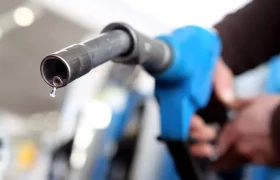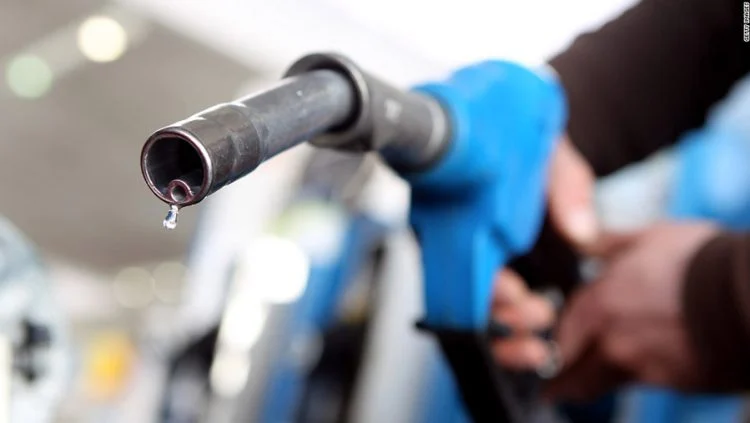Some of the world’s top oil-producing countries have agreed to cut the amount they export in a decision expected to raise petrol prices around the world.

Members of Opec+ – a group that includes Saudi Arabia and Russia – said they would slash production by two million barrels per day.
The group said it wanted to stabilise prices, which have fallen in recent months as the world economy slows.
But the decision raised fears that prices for motorists will climb.
Expectations that countries were planning to pump less had already pushed oil prices higher this week. The price of a barrel of Brent crude jumped another almost 2% to more than $93 a barrel on Wednesday.
A spokesman for the RAC motoring group said the reduction announced Wednesday would “inevitably” lead to higher oil prices, forcing up the wholesale cost of fuel.
“The question is when, and to what extent, retailers choose to pass these increased costs on at their forecourts,” spokesman Simon Williams said.
The cut announced by the Organization of the Petroleum Exporting Countries (Opec) and allies marks the biggest reduction by the group since the height of the pandemic in 2020.
It comes despite pleas from the US and others to pump more, after oil prices spiked this spring when the war in Ukraine disrupted supplies.
In a statement, the White House said US President Joe Biden was “disappointed by the short-sighted decision”.
The US pledged to continue to release oil from national stockpiles “as appropriate” and look at other ways to try to rein in prices at the pump, which are a key issue for American voters in midterm elections scheduled for November.
The move is also likely to disrupt US-led efforts to set a price cap for oil from Russia, a plan the US had suggested as a way to limit money flowing into the country and being put toward military use.
Opec members defended their decision as a response to significant “uncertainty” about future demand for oil, amid fears that the global economy is headed to a recession.
“The decision is technical, not political,” United Arab Emirates Energy Minister Suhail al-Mazroui told reporters as Opec+ members gathered in Vienna to discuss the plans.
Source: BBC
